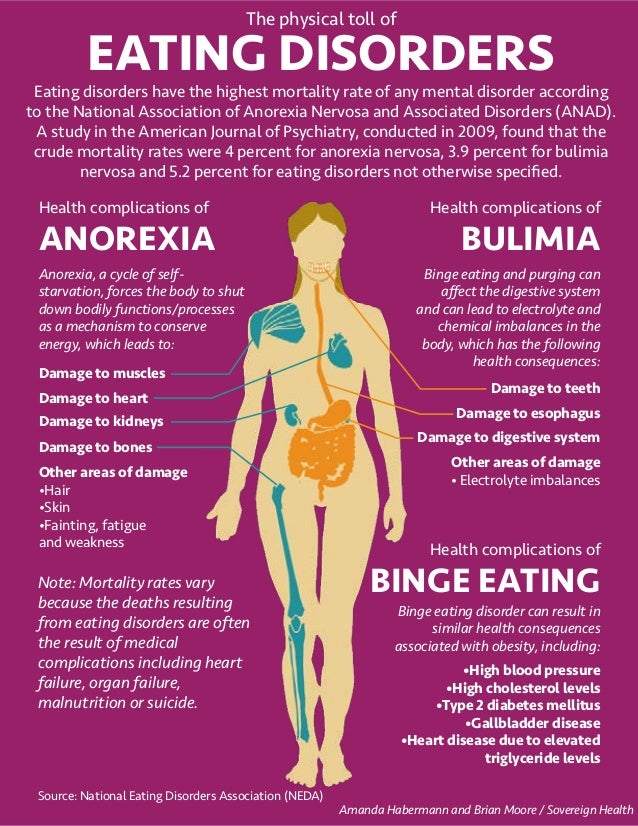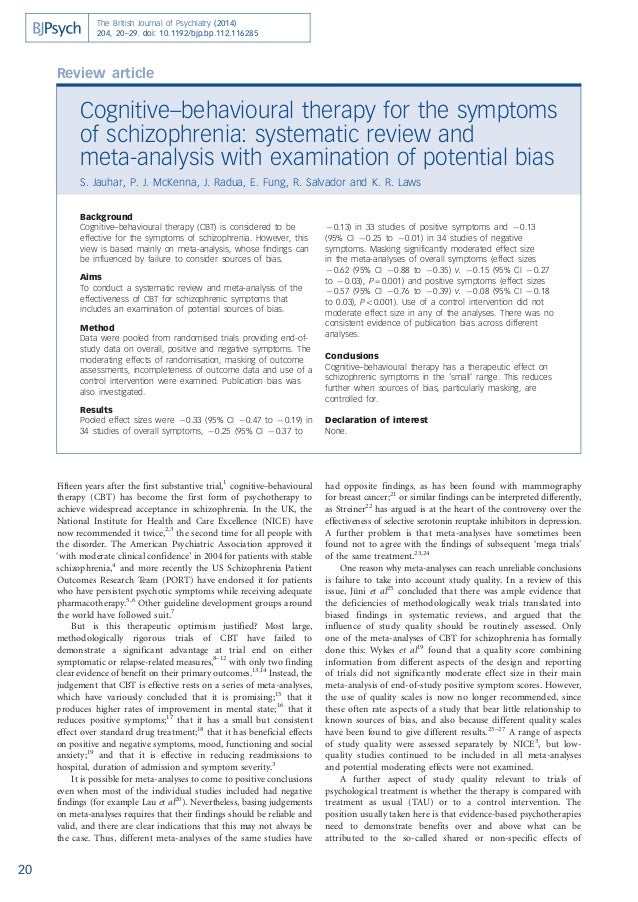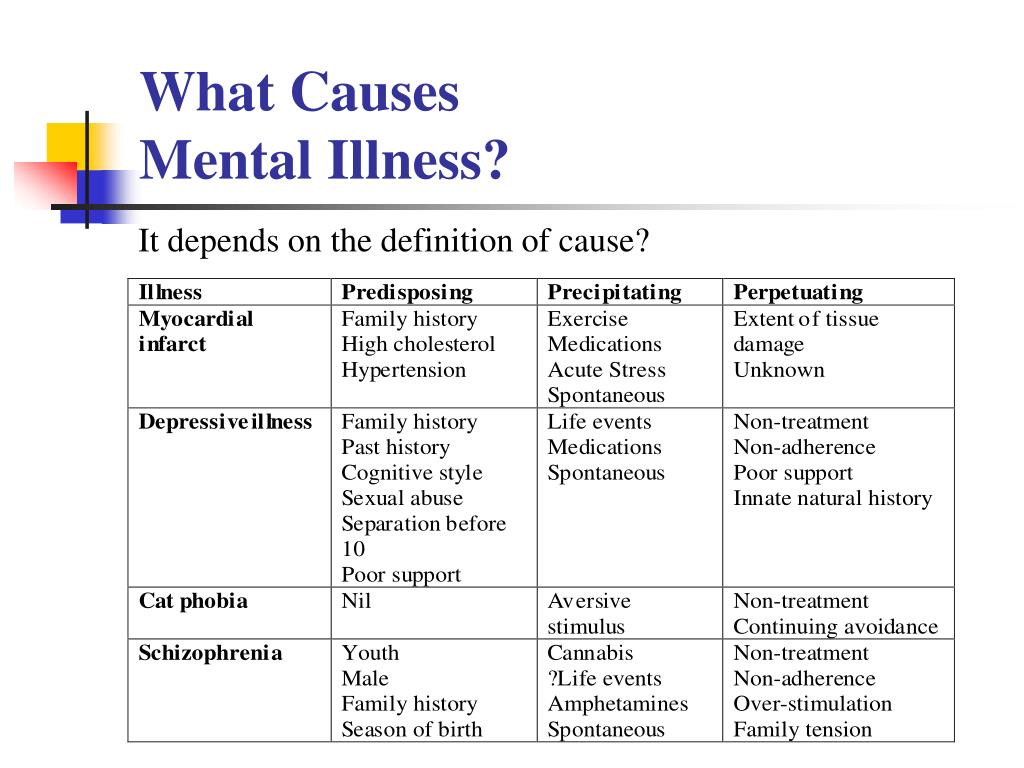Psychotherapy cpt billing codes
Mental Health CPT Codes: The Definitive Guide [2022]
CPT (Current Procedural Terminology) is a standardized medical codeset maintained by the AMA. CPT codes are five digit numeric codes describing everything from surgery to radiology to psychotherapy.
CPT Codes are different from Diagnosis Codes or ICD10 F-Codes for billing and coding your insurance claims. Here’s our mental health diagnosis code list if you need to look one up.
For therapists that are on managed care panels or provide superbills to their clients, knowing your CPT codes is paramount to getting paid in full and avoiding insurance audits.
The amount insurance companies will reimburse depends on a number of different factors (professional credentials, geographic location, etc.), but using the correct CPT Code and add-on code(s) to express the exact service is an important part to the whole process and in ultimately determining your payment!
Errors, accidental or otherwise, will directly impact insurance company’s payment of services. If you need help with making sure your billing and coding is error-free, our mental health billing service can help.
Think about reaching out if the rest of this article hurts your feelings.
Article Index:
- Most Common Mental Health CPT Codes
- Add-On CPT Codes for Mental Health Billing
- Mental Health CPT Code Cheat Sheet [PDF]
- Testing & Evaluation CPT Codes
- Psych and Evaluation and Management (E/M) Codes
- Sample Reimbursement Rates by License Type
- Sample Reimbursement Rates by CPT Code
The most common CPT Codes used by therapists and behavioral health professionals:
Outpatient Mental Health Therapist Diagnostics, Evaluation, Intake CPT Code:- 90791 – Psychiatric Diagnostic Evaluation (usually just one/client is covered)
- 90832 – Psychotherapy, 30 minutes (16-37 minutes).
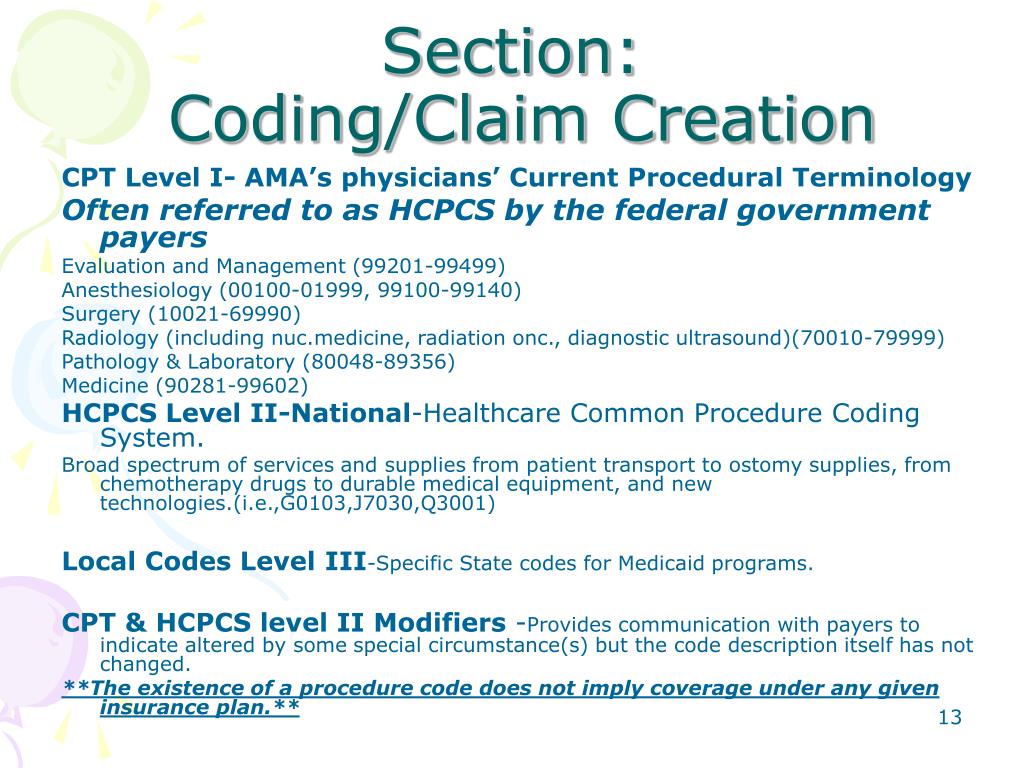
- 90834 – Psychotherapy, 45 minutes (38-52 minutes).
- 90837 – Psychotherapy, 60 minutes (53 minutes and over).
- 90846 – Family or couples psychotherapy, without patient present.
- 90847 – Family or couples psychotherapy, with patient present.
- 90853 – Group Psychotherapy (not family).
- 98968 – Telephone therapy (non-psychiatrist) – limit 3 units/hours per application.
- 90839 – Psychotherapy for crisis, 60 minutes (30-74 minutes).
- +90840 – Add-on code for an additional 30 minutes (75 minutes and over). Used in conjunction with 90839.
- +90785 – Interactive Complexity add-on code. Covered below.
- 90404 – Cigna / MHN EAP CPT Code. These two companies use a unique CPT code for EAP sessions.
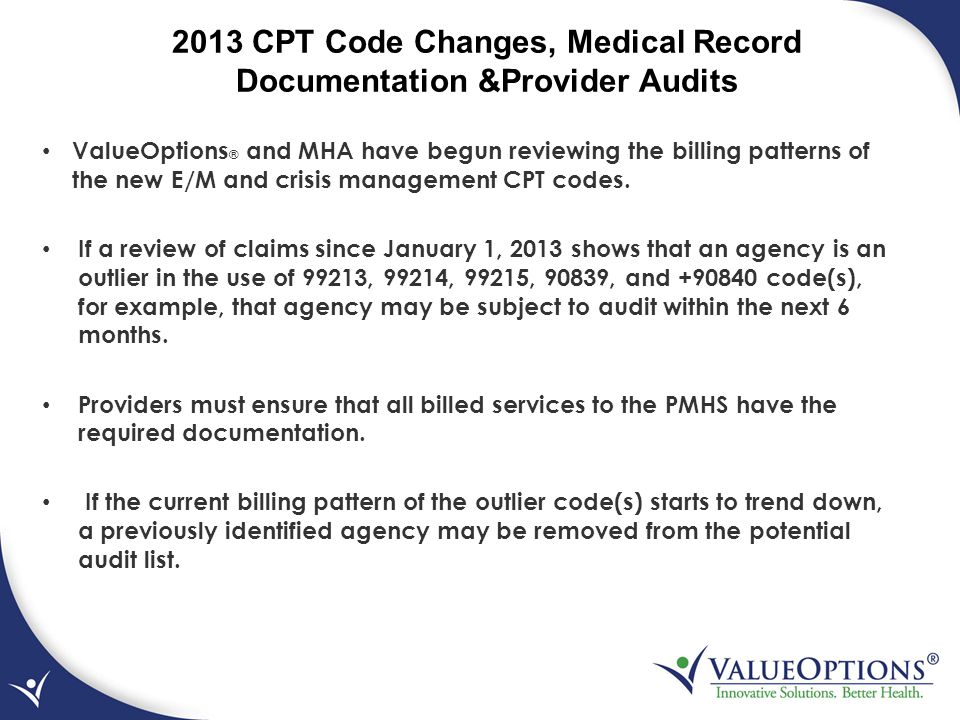
- 96101 – Psychological testing, interpretation and reporting by a psychologist (per Hour)
- 90880 – Hypnotherapy – limit 10 units/hours per application
- 90876 – Biofeedback
- 90849 – Multiple family group psychotherapy
- 90845 – Psychoanalysis
Mental Health Add-On CPT Codes
Here is a short list of the most common Add-On codes for routine outpatient mental health billing.
- Add-On CPT Code 90785 – Interactive complexity. Example: play therapy using dolls or other toys. This is an interactive complexity add-on code that is not a payable expense. This code only indicates that the treatment is complex in nature.
- Add-On CPT Code 90863 – Pharmacologic Management after therapy.
- Add-On CPT Code 99050 – Services provided in the office at times other than regularly scheduled office hours, or days when the office is normally closed.
- Add-On CPT Code 99051 – Services provided in the office during regularly scheduled evening, weekend, or holiday office hours.

- Add-On CPT Code 99354 – Additional time after the additional time of 74 minutes. Adding another 30 minutes. (Only use if the duration of your session is at least 90 minutes for 90837 or 80 minutes for 90847).
- Add-On CPT Code 99355 – Additional time after first 60 minutes. First additional 30 to 74 minutes.
- Add-On CPT Code 90840 – 30 additional minutes of psychotherapy for crisis. Used only in conjunction with CPT 90839.
- Add-On CPT Code 90833 – 30 minute psychotherapy add-on. Example: Psychiatrist evaluates medication response, then has 30 minute session.
- Add-On CPT Code 90836 – 45 minute psychotherapy add-on. Example: Clinical Nurse Specialist evaluates medication response, then has 45 minute session.
If you’re wondering how to handle billing add-on codes, we can help make this process simple and automatic. Learn how we can help by inquiring about our billing service.
- 90792 – Psychiatric Diagnostic Evaluation with medical services (usually just one/client is covered)
- 99201 – E/M – New Patient Office Visit – 10 Minutes
- 99202 – E/M – New Patient Office Visit – 20 Minutes
- 99203 – E/M – New Patient Office Visit – 30 Minutes
- 99204 – E/M – New Patient Office Visit – 45 Minutes
- 99205 – E/M – New Patient Office Visit – 60 Minutes
- 99211 – E/M – Established Patients – 5 Minutes
- 99212 – E/M – Established Patients – 10 Minutes
- 99213 – E/M – Established Patients – 15 Minutes
- 99214 – E/M – Established Patients – 25 Minutes
- 99215 – E/M – Established Patients – 40 Minutes
- 99443 – Telephone therapy (psychiatrist), – limit 3 units/hours per application
Mental Health CPT Code Cheat Sheet
Download a copy of our PDF Behavioral Health CPT Code Cheat Sheet!
CPT Coding for TherapyCPT coding for psychotherapy doesn’t have to be difficult! There are an overwhelming amount of total CPT Codes (~8,000), however only 24 are specifically designated for psychotherapy and other mental health services.
To make matters even simpler, nearly all therapists will regularly use an even smaller subset of these 24.
CPT is a large and dynamic code set that changes year to year, but the psychotherapy codes seldom change.
The most recent change for psychotherapy codes took place in 2019, then 2013, and previously 1998.
To ensure your coding is current and up to date, consider using a billing service instead of having to remember all the codes.
Behavioral Health CPT Add-On Codes
A CPT Add-on Code is a code describing a service performed in in conjunction with a primary service. Many of these add-on codes are associated with a specific CPT Code or a small set of CPT Codes and cannot be used otherwise.
For instance, the behavioral health CPT Code for interactive complexity (+90785) can be used for a diagnostic (90791, 90792) or a normal psychotherapy session (90832, 90834, 90837) but not a crisis psychotherapy session (90839).
Add-on Codes are identified by a + sign in front of the number, i.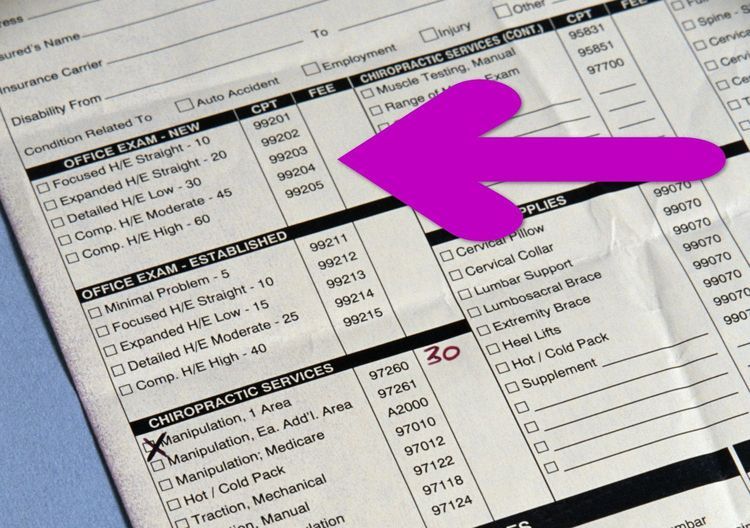 e. +90840 is an add-on code for extra time in the case of crisis psychotherapy.
e. +90840 is an add-on code for extra time in the case of crisis psychotherapy.
On CMS 1500 forms CPT Add-on codes are simply added on a new line.
Add-on codes are extremely important to use in order to most accurately describe the services being rendered and to ensure your services are maximized per session.
We help the mental health providers that work with us in our billing service do all of this for every appointment.
Mental Health Testing CPT Codes [2020]
These codes are only effective January 1st, 2019.
Assessment of Aphasia and Cognitive Performance Testing CPT Codes
CPT Code 96105
Assessment of aphasia (includes assessment of expressive and receptive speech and language function, language comprehension, speech production ability, reading, spelling, writing, e.g., by Boston Diagnostic Aphasia Examination) with interpretation and report, per hour
CPT Code 96125
Standardized cognitive performance testing (e. g., Ross Information Processing Assessment) per hour of a qualified health care professional’s time, both face-to-face time administering tests to the patient and time interpreting these test results and preparing the report
g., Ross Information Processing Assessment) per hour of a qualified health care professional’s time, both face-to-face time administering tests to the patient and time interpreting these test results and preparing the report
Developmental/Behavioral Screening and Testing
CPT Code 96110
Developmental screening (e.g., developmental milestone survey, speech and language delay screen), with scoring and documentation, per standardized instrument
CPT Code 96112
Developmental test administration (including assessment of fine and/or gross motor, language, cognitive level, social, memory, and/ or executive functions by standardized developmental instruments when performed), by physician or other qualified health care professional, with interpretation and report; first hour
Add-on CPT Code + 96113 – Each additional 30 minutes (List separately in addition to code for primary procedure)
CPT Code 96127
Brief emotional/behavioral assessment (e.g.![]() , depression inventory, attention-deficit/hyperactivity disorder [ADHD] scale), with scoring and documentation, per standardized instrument
, depression inventory, attention-deficit/hyperactivity disorder [ADHD] scale), with scoring and documentation, per standardized instrument
Psychological/Neuropsychological Testing CPT Codes
These codes have changed in 2019.
Neurobehavioral Status Exam CPT Codes
CPT Code 96116
Neurobehavioral status exam (clinical assessment of thinking, reasoning and judgement, e.g., acquired knowledge, attention, language, memory, planning and problem solving, and visual spatial abilities), by physician or other qualified health care professional, both faceto-face time with the patient and time interpreting test results and preparing the report; first hour
Add-on CPT Code +96121 – Each additional hour (List separately in addition to code for primary procedure)
Test Evaluation Services CPT Codes
CPT Code 96130
Psychological testing evaluation services by physician or other qualified health care professional, including integration of patient data, interpretation of standardized test results and clinical data, clinical decision making, treatment planning and report and interactive feedback to the patient, family member(s) or caregiver(s), when performed; first hour
Add-on CPT Code +96131 – Each additional hour (List separately in addition to code for primary procedure)
CPT Code 96132
Neuropsychological testing evaluation services by physician or other qualified health care professional, including integration of patient data, interpretation of standardized test results and clinical data, clinical decision making, treatment planning and report and interactive feedback to the patient, family member(s) or caregiver(s), when performed; first hour
Add-on CPT Code +96133 – Each additional hour (List separately in addition to code for primary procedure)
Test Administration and Scoring CPT Codes
CPT Code 96136
Psychological or neuropsychological test administration and scoring by physician or other qualified health care professional, two or more tests, any method, first 30 minutes
Add-on CPT Code +96137 – Each additional 30 minutes (List separately in addition to code for primary procedure)
CPT Code 96138
Psychological or neuropsychological test administration and scoring by technician, two or more tests, any method; first 30 minutes
Add-on CPT Code +96139 – Each additional 30 minutes (List separately in addition to code for primary procedure)
Automated Testing and Result CPT Codes
96146 – Psychological or neuropsychological test administration, with single automated instrument via electronic platform, with automated result only
Mental Health Evaluation & Management (E/M) Codes
There are also E/M (evaluation & management) in conjunction with psychotherapy, used by authorized prescribers, psychiatrists, and MDs.
Coding E/M is trickier, harder to document and more vulnerable to audit but usually results in greater reimbursement.
There’s also a series of E/M codes that are used without the psychotherapy component.
For more in-depth coverage on E/M coding for psychotherapy there are some good free webinars released by AACAP on E/M CPT Codes.
- Add-on CPT Code +90833 – E/M code for 30 minutes of psychiatry (used with 90832).
- Add-on CPT Code +90836 – E/M code for 45 minutes of psychiatry (used with 90834).
- Add-on CPT Code +90838 – E/M code for 60 minutes of psychotherapy (used with 90837).
- Psychotherapy must be at least 16 minutes.
- Time is very important and should be rounded to the nearest CPT Code.
- Outpatient vs. Inpatient is not important.
- E/M codes can only be used by prescribers (MD, DO, APN, PA).
Medicare 2022 Reimbursement Rates by CPT Code
| CPT Code | Description | Medicare Reimbursement Rate 2020 | Medicare Reimbursement Rate 2021 | Medicare Reimbursement Rate 2022 |
|---|---|---|---|---|
| 90791 | Psychological Diagnostic Evaluation | $140. 19 19 | $180.75 | $195.46 |
| 90792 | Psychological Diagnostic Evaluation with Medication Management | $157.49 | $201.68 | $218.90 |
| 90832 | Individual Psychotherapy, 30 Minutes | $68.47 | $77.81 | $85.07 |
| 90833 | Individual Psychotherapy with Evaluation and Management Services, 30 minutes | $71.00 | $71.18 | $77.88 |
| 90834 | Individual Psychotherapy, 45 Minutes | $91.18 | $103.28 | $112.29 |
| 90836 | Individual Psychotherapy with Evaluation and Management Services, 45 minutes | $89.74 | $90.02 | $98.30 |
| 90837 | Individual Psychotherapy, 60 Minutes | $136.95 | $152.48 | $164.84 |
| 90838 | Individual Psychotherapy with Evaluation and Management Services, 60 minutes | $118.57 | $119.33 | $129.30 |
| 90839 | Individual Crisis Psychotherapy initial 60 min | $157. 66 66 | ||
| 90840 | Individual Crisis Psychotherapy initial 60 min, each additional 30 min | $78.64 | ||
| 99201 | Evaluation and Management Services, Outpatient, New Patient | $46.49 | Not Covered | Not covered |
| 99202 | Evaluation and Management Services, Outpatient, New Patient | $77.48 | $73.97 | $80.91 |
| 99203 | Evaluation and Management Services, Outpatient, New Patient | $109.92 | $113.75 | $124.39 |
| 99204 | Evaluation and Management Services, Outpatient, New Patient | $166.86 | $169.93 | $185.26 |
| 99205 | Evaluation and Management Services, Outpatient, New Patient | $209.75 | $224.36 | $244.99 |
| 99211 | Evaluation and Management Services, Outpatient, Established Patient | $23.07 | $23.03 | $25.71 |
| 99212 | Evaluation and Management Services, Outpatient, Established Patient | $45.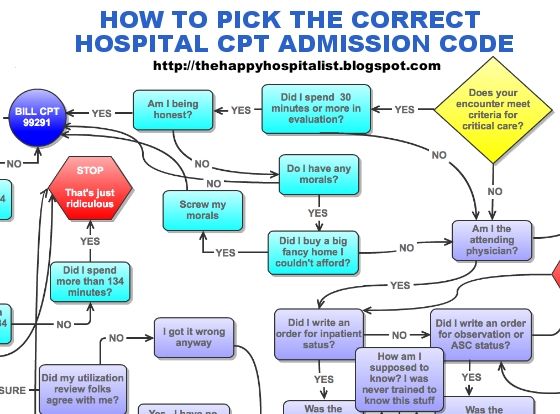 77 77 | $56.88 | $62.76 |
| 99213 | Evaluation and Management Services, Outpatient, Established Patient | $75.32 | $92.47 | $100.57 |
| 99214 | Evaluation and Management Services, Outpatient, Established Patient | $110.28 | $131.20 | $141.78 |
| 99215 | Evaluation and Management Services, Outpatient, Established Patient | $147.76 | $183.19 | $200.00 |
| 99354 | Prolonged Services | $132.26 | $132.09 | $140.26 |
| 99355 | Prolong Services with E/M | $100.91 | $100.33 | $101.32 |
| 90846 | Family psychotherapy without patient, 50 minutes | $103.58 | $99.10 | $107.37 |
| 90847 | Family psychotherapy with patient, 50 minutes | $107.19 | $102.59 | $111.15 |
| 96105 | Assessment of aphasia and cognitive performance | $101.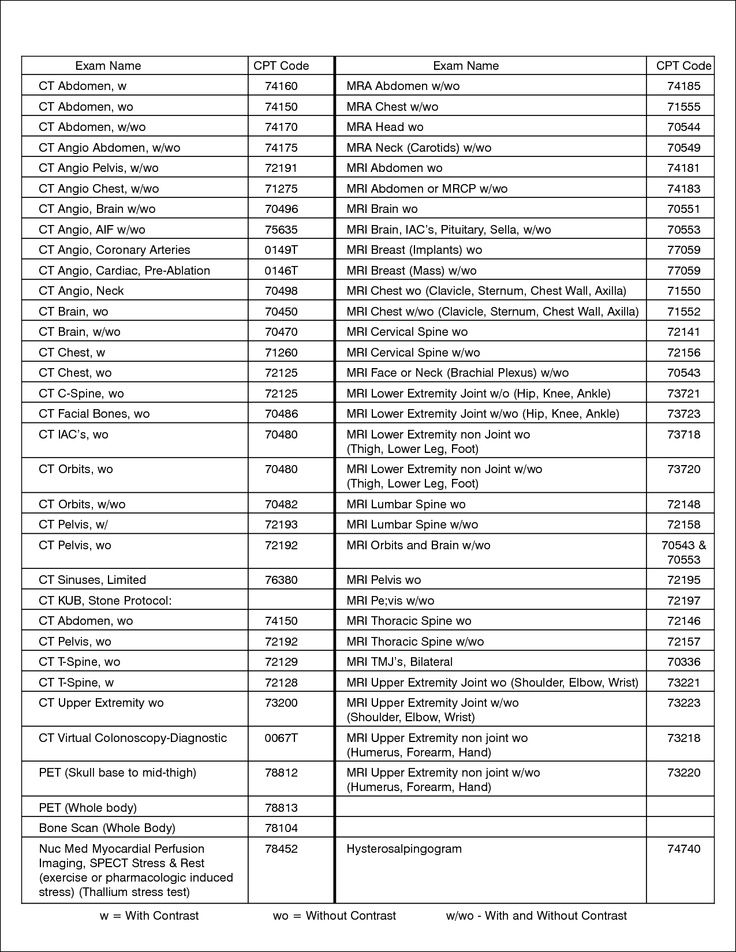 54 54 | $109.26 | |
| 96112 | Developmental testing administration by a physician or qualified health care professional, 1st hr | $131.55 | $141.02 | |
| 96113 | Developmental testing administration by a physician or qualified health care professional, each additional hour | $58.62 | $66.54 | |
| 96116 | Neurobehavioral status exam performed by a physician or qualified health professional, first hour | $97.00 | $104.73 | |
| 96121 | Neurobehavioral status exam performed by a physician or qualified health professional, additional hour | $82.35 | $87.34 | |
| 96125 | Standardized cognitive performance test administered by health care professional | $107.12 | $115.69 | |
| 96127 | Brief emotional and behavioral assessment | $4.89 | $5.29 | |
| 96130 | Psychological testing and evaluation by a physician or qualified health care professional, first hour | $120.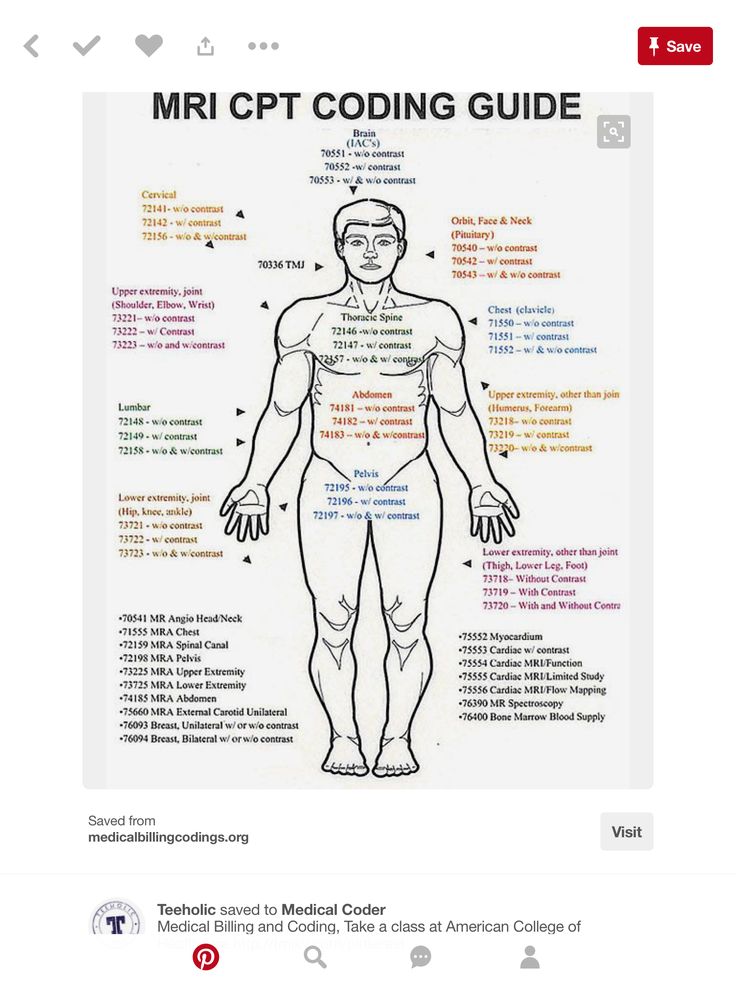 73 73 | $132.70 | |
| 96131 | Psychological testing and evaluation by a physician or qualified health care professional, each additional hour | $91.42 | $98.68 | |
| 96132 | Neuropsychological testing and evaluation by a physician or qualified health care professional, first hour | $133.29 | $144.80 | |
| 96133 | Neuropsychological testing and evaluation by a physician or qualified health care professional, each additional hour | $103.98 | $112.29 | |
| 96136 | Neuropsychological or psychological test administration and scoring by a physician or qualified health care professional, first hour | $46.76 | $49.15 | |
| 96137 | Neuropsychological or psychological test administration and scoring by a physician or qualified health care professional, each additional hour | $41.87 | $44.24 | |
| 96138 | Neuropsychological or psychological test administration and scoring by a technician, first hour | $37.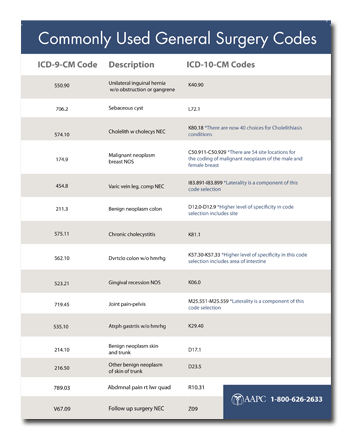 34 34 | $38.56 | |
| 96139 | Neuropsychological or psychological test administration and scoring by a technician, each additional hour | $37.34 | $$39.32 |
(Source)
Interactive Complexity (+90785): Criteria and How to Bill+90785 is one of the new add-on codes in the most recent CPT update in 2013.
This code is used as an umbrella add-on code and can be used for four different criteria. The most common scenarios usually involve children, although this is not necessarily always the case.
Common Examples of Interactive Complexity:
- The use of play equipment with young children.
- Interpreters/translators.
- Involvement of parents with discordant views that complicate the treatment plan.
- Report of abuse/neglect.
Interactive complexity can be used in conjunction with the primary CPT Codes for diagnostics, psychotherapy, or group therapy and cannot be used for couple/family therapy or crisis codes.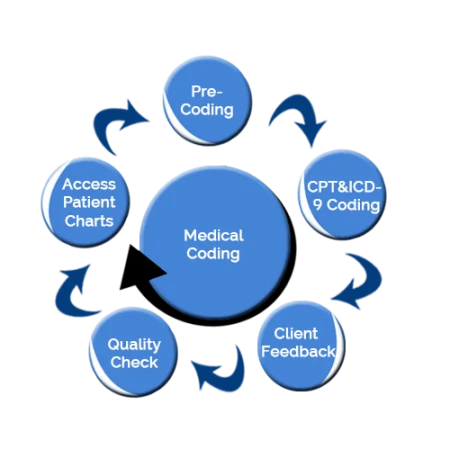
+90785, can be used with: 90791, 90792, 90832, 90833, 90834, 90836, 90837, 90838, 90853.
Unsure when to use the interactive complexity code? Need help asking if it will be approved? Our billing service exclusively for mental health providers is here to help.
Am I Being Underpaid? Was I Paid the Right Amount?Here’s typical rates depending on the therapist’s credentials:
Typical Reimbursements by Type of Therapist| Type of Therapist | Reimbursement/Session |
| Social Workers | ~$55-60 |
| Marriage Family Therapists | ~$60-65 |
| Counselors | ~$60-65 |
| Psychologists | ~$70-80 |
These rates can vary significantly therapist to therapist but are good benchmarks for comparison.
How about CPT Codes? How do they affect the rate of reimbursement? This is a difficult and complex calculation, depending on the level of education, location, and license.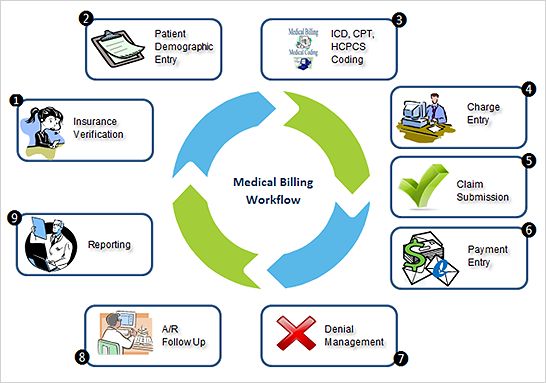 The AMA has created a code search feature on their website that shows payment based off CPT Code and location.
The AMA has created a code search feature on their website that shows payment based off CPT Code and location.
This information is somewhat incomplete and is based off medicare payments and does not specify a number of other important factors. However, this tool is still very useful to compare the relative value CPT Codes against one another.
Private insurance will be correlated with some deviation from these numbers.
Reimbursement by CPT Code (Three Different Geographies)Reimbursement (Rest of CA)Reimbursement (Los Angeles)Reimbursement (WA)
| Code | California | Los Angeles | Washington |
| 90791 | $137.10 | $141.17 | $132.98 |
| 90792 | $147.84 | $152.16 | $143.39 |
| 90832 | $66.14 | $68.03 | $64.25 |
| +90833 | $67.69 | $69.69 | $65.70 |
| 90834 | $87.66 | $90. 15 15 | $85.18 |
| +90836 | $85.71 | $88.21 | $83.18 |
| 90837 | $131.28 | $134.95 | $127.54 |
| +90838 | $113.07 | $116.42 | $109.75 |
| 90846 | $106.46 | $109.51 | $103.38 |
| 90847 | $109.75 | $112.82 | $106.60 |
| 90853 | $26.99 | $27.83 | $26.21 |
| 90839 | $137.22 | $141.04 | $133.28 |
| +90840 | $65.75 | $67.61 | $63.89 |
| +90785 | $14.67 | $15.08 | $14.24 |
Data from AMA Codemanager. These numbers are useful for relative comparison of individual CPT Codes and geography.
Therapist Reimbursement Rates for 2022
Read our definitive guide with 2022 reimbursement rates for mental health CPT codes.
Downcoding Claims
Downcoding (including less services on the claim than actually provided) will usually mean you get paid less, while upcoding (including more services on the claim than actually provided) can get you in trouble with your managed care panels.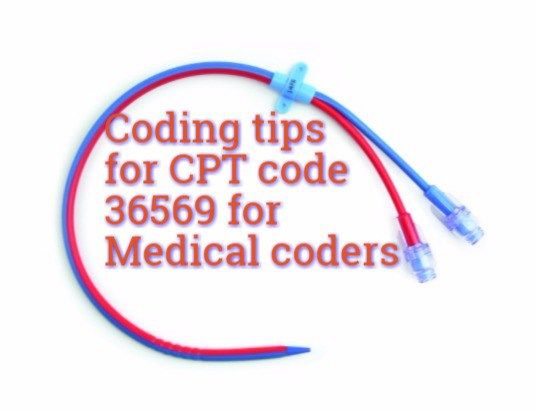
It’s also important to note that it might be tempting to maximize your CPT codes to earn higher reimbursements.
This is highly recommended against and can get you flagged, audited and removed from insurance panels. Even if this is your biller’s error, the therapist is the one who ultimately bears the responsibility and will be the one penalized.
Here’s a video guide we did of this article!
Distilled Guide to Mental Health CPT Codes
If you are just starting out or just beginning to deal with managed care, keep it simple.
CPT Codes appear far more complex from the outside looking in. Make a quick cheatsheet.
Don’t worry about memorizing all the CPT Codes (there’s alot!) or even all of the mental health ones. You will likely just use just a few individual codes.
Memorize the relevant codes and use google or other references to find the correct CPT codes for more unique scenarios.
Call to verify eligibility and benefits and make sure those codes will be approved with that client’s coverage.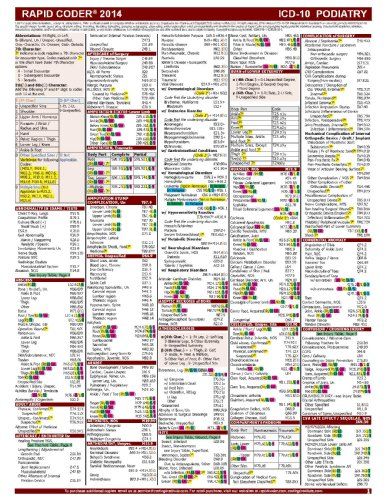
And if all of that sounds like too much trouble, offload the work to us. You won’t have to know one CPT code from another to get your billing paid in full.
Additional Resources- Medicare Reimbursement by CPT Code & Area
- CPT Reimbursement Lookup & RVU (Relative Value Unit) Overview
- Crosswalk of 2012 to 2013 CPT Codes
- CPT 2013 Standard Edition [Probably Unnecessary]
- Insurance Reimbursement Comparison Tool
Consider Outsourcing Your Billing
Don’t want to learn any of this stuff? We are your team of billing experts here to translate all of this gibberish into English! Reach out about our billing service if you are a licensed mental health provider (we only work with licensed mental health providers).
202020212022behavioral health cpt codesmental health billing guidemental health cpt codesmental health cpt codes guidemost common mental health cpt codes
How to Bill Extended Sessions & Prolonged Services for Mental Health
Learning how to bill extended therapy sessions for mental health insurance claims can be a paid but our extended sessions billing guide will help cut down your learning curve.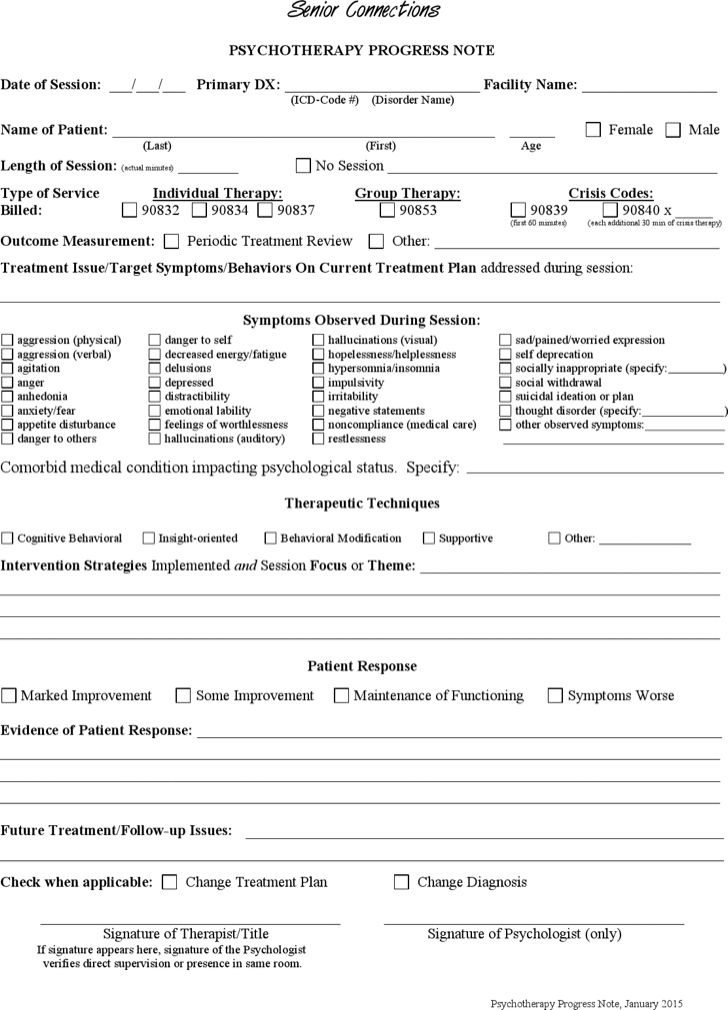
If you’d rather leave it up to the professionals, consider hiring out your insurance billing to a service like TheraThink. Otherwise grit your teeth and read on.
You’ll learn how to bill extended sessions for psychotherapy (90837), couples and family therapy (90847), and your diagnostic evaluations (90791).
We’ll also show you the 2020 Medicare extended session reimbursement rates for these add-on CPT codes.
- Individual Therapy Over 60 Minutes
- Reimbursement Rates
- Couples Therapy Extended Time Guide
- E/M Guide
- Video Guide
Billing Extended Sessions for Individual Therapy
It’s important to note that if you are seeing a client for 60 minutes or under, make sure to bill using CPT codes 90832, 90834, or 90837 alone.
Do not bill using add-on codes if sessions are not extended.
| Individual Therapy CPT Code | Add-On CPT Code for Extended Session | Length of Session | Services Rendered |
|---|---|---|---|
| 90832 | 16-37 minutes | Psychotherapy, 30 minutes | |
| 90834 | 38-52 minutes | Psychotherapy, 45 minutes | |
| 90837 | 53 - 89 minutes | Psychotherapy, 60 minutes | |
| 90837 | 99354 | 90-134 minutes | Psychotherapy, 1:30 hrs - 2:14 hrs |
| 90837 | 99354 99355 | 135-164 minutes | Psychotherapy, 2:15 hrs - 2:44 hrs |
| 90837 | 99354 99355 99355 | 165-194 minutes | Psychotherapy, 2:45 hrs - 3:14 hrs |
| 90832 90834 90837 | 99050 | N/a | Services performed outside of business hours. |
| 90832 90834 90837 | 99051 | N/a | Planned services performed in the evening, weekend, or during a holiday. |
Learn more about billing CPT Code 90837 for individual therapy sessions or review our quick guide on how to bill 90 minute therapy sessions.
Extended Sessions Billing Guide for Couples and Family Therapy
| Couples or Family Therapy CPT Code | Add-On CPT Code for Extended Session | Length of Session | Services Rendered |
|---|---|---|---|
| 90846 90847 | 99354 | 80-124 minutes | Couples or Family Therapy, Extended Session, 1:20 hrs - 2:04 hrs |
| 90846 90847 | 99354 99355 | 125-154 minutes | Couples or Family Therapy, Extended Session, 2:05 hrs - 3:34 hrs |
| 90846 90847 | 99354 99355 99355 | 155-184 minutes | Couples or Family Therapy, Extended Session, 3:35 hrs - 4:06 hrs |
| 90846 90847 | 99050 | N/a | Services performed outside of business hours.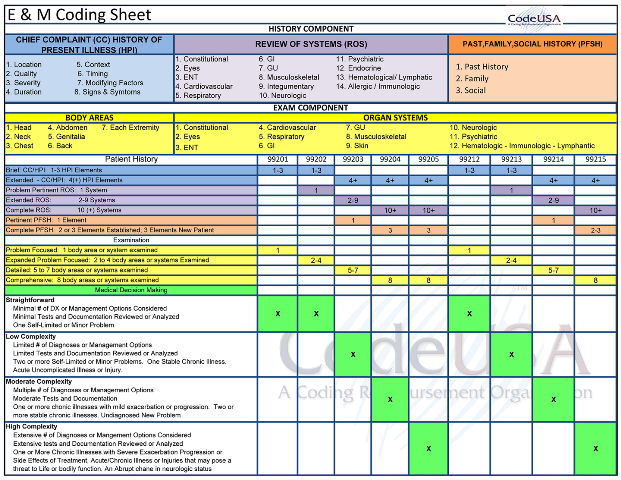 |
| 90846 90847 | 99051 | N/a | Planned services performed in the evening, weekend, or during a holiday. |
Review our extensive billing guide on CPT Code 90847 for couples and family therapy billing for more information or consider hiring out this painful drudgery.
Extended Sessions for a Diagnostic Evaluation & E/M Codes
To ensure you can bill these extended session add-on codes, make sure you’re licensed and eligible to provide evaluation and management services as per your insurance panel contract.
The first two codes (CPT codes 90833 or 90836) describe conducting therapy after providing evaluation and management services, in this example in conjunction with a diagnostic evaluation (90791).
The second two codes, CPT Codes 99415 and 99416, are used to describe extended sessions for evaluation and management (E/M).
If you are billing with CPT Code 99416, you must use CPT Code 99415.

| E/M CPT Code | Add-On CPT Code | Medicare 2020 CPT Code Reimbursement: | Description of Services |
|---|---|---|---|
| 90791 | 90833 | $72.90 | 30 minutes, Psychotherapy provided alongside evaluation and management services. |
| 90791 | 90836 | $92.39 | 45 minutes, Psychotherapy provided alongside evaluation and management services. |
| 99205 99215 | 99415 | $10.11 | 45-74 minutes, evaluation and management services |
| 99205 99215 | 99415 99416 | $4.33 | 75-104 minutes, evaluation and management services |
(Source) (Source)
Video Guide!
Extended Sessions Reimbursement Rates
You can conduct an eligibility and benefits verification call to your client’s insurance company and ask specifically about coverage for those CPT codes used in conjunction with the primary code (90837 or 90847 or 90791).
At TheraThink, we do this as part of our mental health insurance billing service for free (because, as you can tell, it’s a best practice).
There is no guarantee that these extended session CPT codes will be covered. It’s best to call and ask for each client and obtain a reference ID as proof of that quote if problems come up in billing.
When using mental health add-on codes for services rendered after business hours or during evening, weekend, or holiday hours, call ahead to find out how your client’s insurance policy will approve the use of these procedure codes.
| Add-On CPT Code | Medicare 2020 CPT Code Reimbursement Rate | Medicare 2022 CPT Code Reimbursement Rate | Services Description |
|---|---|---|---|
| 99354 | $132.09 | $140.26 | Prolonged psychotherapy or evaluation and management, out-patient |
| 99355 | $100.33 | $101.32 | Prolonged psychotherapy or evaluation and management, out-patient |
| 90840 | $70.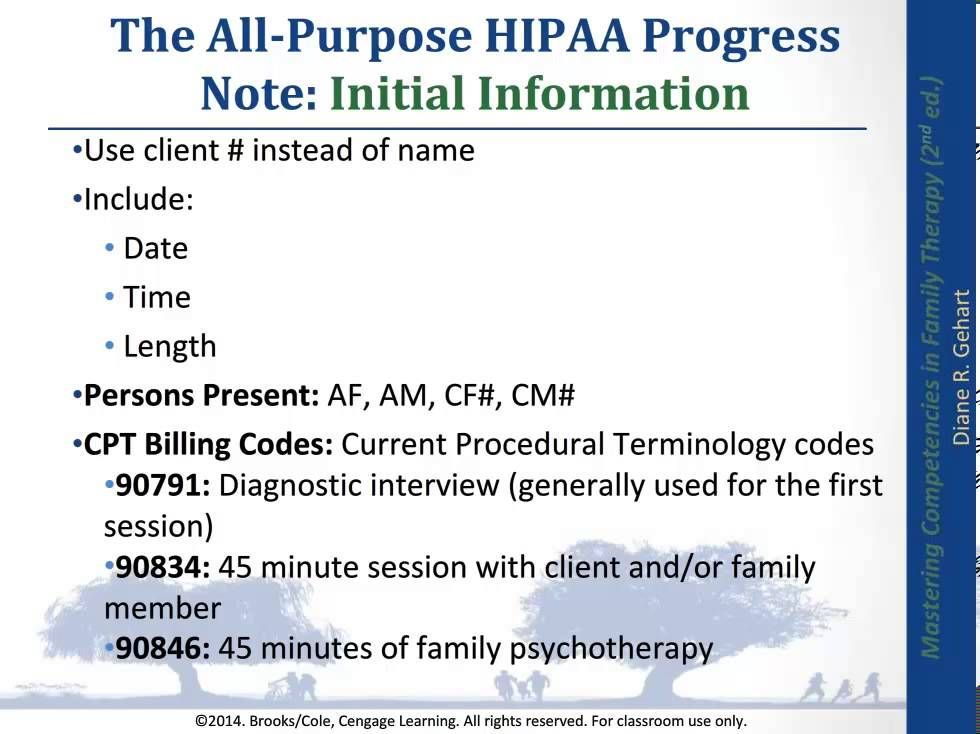 74 74 | $78.64 | Crisis therapy, each additional 30 minutes |
| 90833 | $72.90 | $77.88 | 30 minutes, Psychotherapy provided alongside evaluation and management services. |
| 90836 | $92.39 | $98.30 | 45 minutes, Psychotherapy provided alongside evaluation and management services. |
| 99415 | $10.11 | $11.34 | 45-74 minutes, evaluation and management services |
| 99416 | $4.33 | $6.43 | Each additional 30 minutes for prolonged evaluation and management services |
| 99050 | Not covered | Not covered | Services performed outside of business hours. |
| 99051 | Not covered | Not covered | Planned services performed in the evening, weekend, or during a holiday. |
(Source) (Source)
CPT Add-On Code +99354 Reimbursement Rate (2022): $140.26— Additional time up to 1 hour and 45 minutes for a diagnostic interview
CPT Add-On Code +99354 Reimbursement Rate (2020): $132. 09
09
CPT Add-On Code +99354 Reimbursement Rate (2021): $129.10
CPT Add-On Code +99355 Reimbursement Rate (2022): $101.32— Additional time up to three hours for a diagnostic interview (must be used with +99354)
CPT Add-On Code +99355 Reimbursement Rate (2020): $100.33
CPT Add-On Code +99355 Reimbursement Rate (2021): $96.31
(Source)
Example CMS 1500 Form Coding for Extended Sessions
Please note you will need to make sure to fill in your own NPI in box 24J on the CMS-1500 form, in this example.
Final Billing Suggestions
Consider all your services you provide (and at what times) when billing extended sessions. Make sure you’re asking about the right CPT codes when you’re doing your eligibility and benefits verification. Make sure to code your claims correctly for submission using the right add-on codes.
Ensure your EHR or claims management system is capable of billing these scenarios without interruption.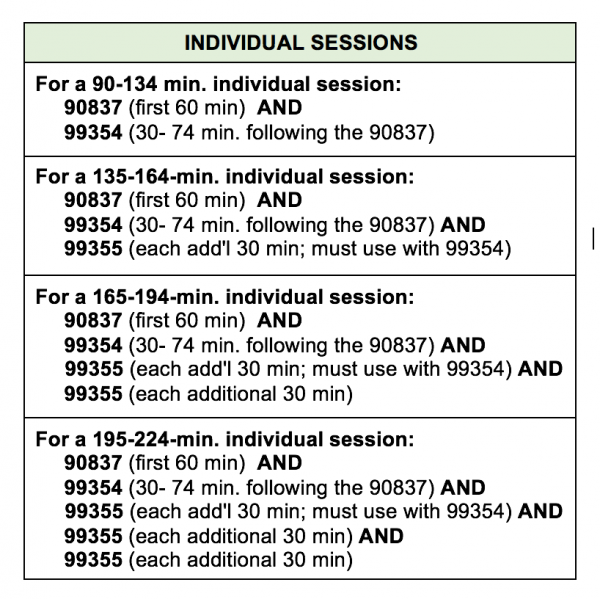 Or look to hire out it all out.
Or look to hire out it all out.
2 hour therapyBilling Guideextended servicesextended sessionsmental health billing guideprolonged services
End of 50 minute hour? World of Psychology
On January 1, 2013, new coding procedures will go into effect for mental health services. Our Current Procedural Terminology (CPT) codes are used to bill insurers for services, and the psychiatry coding has not changed since 1998. Existing codes are self-explanatory. For example, psychiatrists are often discharged with a CPT code of "90807", which is a 45-50 minute drug-administered outpatient psychotherapy session. Everyone knows what that means.
Psychiatry has changed since 1998 and the current codes do not sense the complexity or variety of what psychiatrists do now. In addition to the basic CPT codes, there are more specific Assessment and Management (E/M) codes that require certain elements of the exam and documentation, but many psychiatrists, myself included, have practiced without ever using these E/M codes.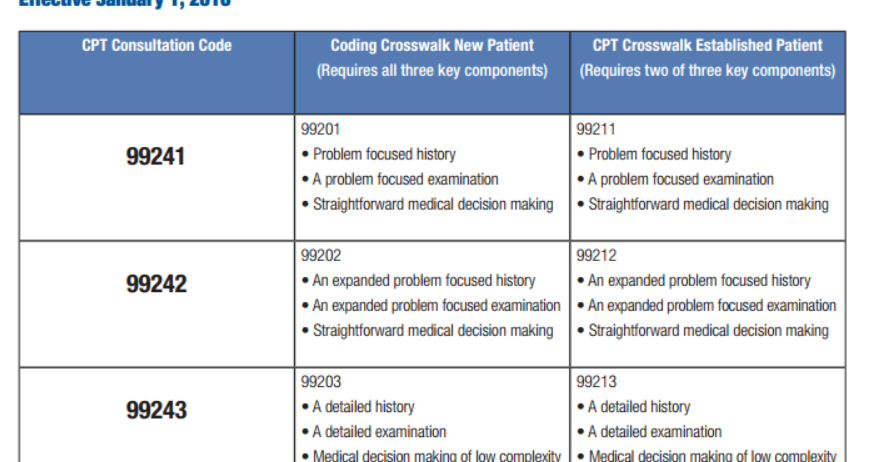
New CPT codes include a level of sophistication that mental health clinicians and their support staff are only just now beginning to learn. The new codes were announced by the American Medical Association in mid-September and which new codes psychiatric professionals should use is not entirely clear; it requires training. A two-hour webinar was held at the National Council for Community Behavioral Health and demonstrated 99 slides to start the learning process. Their webinar reached maximum capacity and potential registrants were turned away. The American Psychiatric Association held a meeting in mid-November to train district leaders on how to do coding, and in my state the Maryland Psychiatric Society will begin offering workshops in December.
New codes, like the old ones, allow you to pay for psychotherapy depending on the time, but in increments of 30, 45 and 60 minutes. Presumably longer sessions will result in higher reimbursement, but under the new rules, a 50-minute session - or any psychotherapy session that takes 38-52 minutes - will be coded as 45 minutes.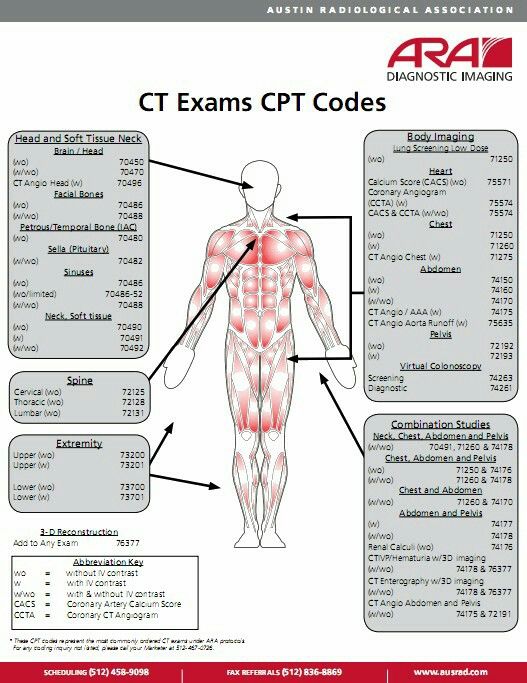 The code for a 60 minute session will require the session to be at least 53 minutes long.
The code for a 60 minute session will require the session to be at least 53 minutes long.
- Alternative Therapies Mental Health Improvement
- The Psychology of Torture
- Sorry, Injured Healers
- Therapy with a Real Trauma Doctor: Part One
- Positive Psychology in Martial Arts
medications, E/M codes will be required for each appointment, and the code for pharmacological management will be cancelled. Time spent on medication and education should not be included in total psychotherapy time if the psychiatrist is doing both, so two codes would be used for the same visit and services offered in the same appointment should be different. You have it, right? The E/M codes will allow for five different levels of difficulty and will require the psychiatrist to provide specific documentation regarding history, expertise, and medical decision making. After analyzing all of this, I still haven't figured out the E/M codes and don't know what codes to use for my typical 50 minute psychotherapy session, which I think will now be 53 minutes, or maybe 38 minutes, which might be billed for 45 minutes – plus an added indefinite period of time required to complete the E/M medication related service once the level of difficulty has been determined.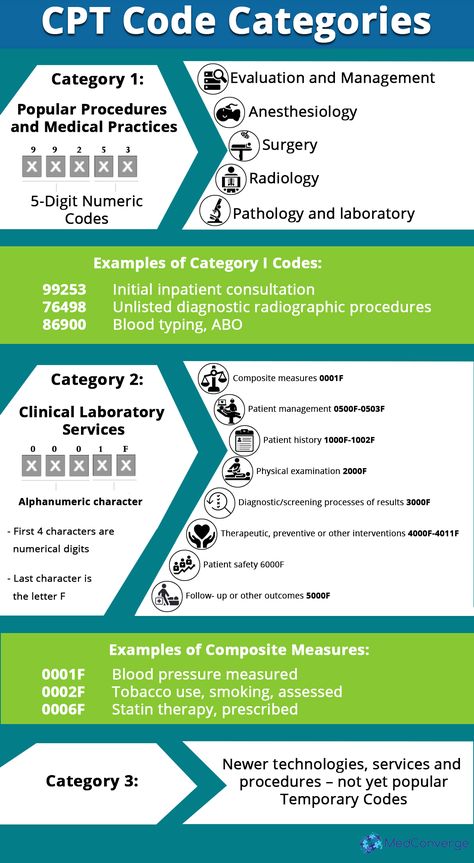 There will also be codes for crisis management and difficult family situations. Simply put, there will now be approximately 17 different ways to code a 50-minute drug management psychotherapy session, depending on what is said in the session, and each combination will give a different pay. There doesn't seem to be a code for the time spent figuring out the correct code for each session, or any concern that these issues might distract physicians from the concerns of patient care.
There will also be codes for crisis management and difficult family situations. Simply put, there will now be approximately 17 different ways to code a 50-minute drug management psychotherapy session, depending on what is said in the session, and each combination will give a different pay. There doesn't seem to be a code for the time spent figuring out the correct code for each session, or any concern that these issues might distract physicians from the concerns of patient care.
So what does this mean for mentally healthy practitioners and for patients who are receiving treatment? I think these changes will eventually become easy enough for those who offer only psychotherapy or only treatment. For psychiatrists, there is hope that coding will better understand what we are really doing and allow us to appreciate the complexity that distinguishes psychiatry from other mental health specialties. The fear is that these changes will create a lot of confusion, especially in the first place, and they promise to increase the paperwork burden and worry about inadvertently fraudulent claims.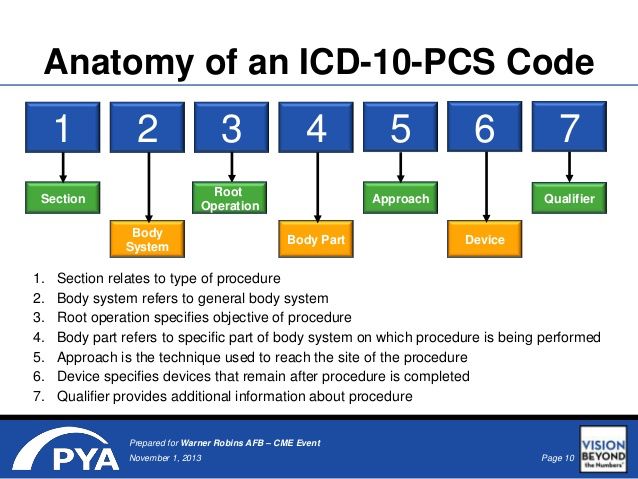
Six weeks before implementation, tens of thousands of individual clinicians, administrators and institutions still need to be trained and then fine-tuned in the way they practice, document and pay.
I suspect that we are in a transitional phase and that appointments will be sent with incorrect reject-only codes. Eventually, kinks will be developed, but the new system promises to be more cumbersome.
For a physician who participates in health insurance networks, payments may increase, and for those who do not participate, these changes may allow their patients to receive better reimbursement for out-of-network services. So far, though, that doesn't look good, at least not for Medicare providers and recipients. The 2013 Medicare fee schedule, released last week, shows that reimbursement for psychiatric assessments through medical services - those done by psychiatrists - will be lower than reimbursement for psychiatric assessments by social workers and psychologists.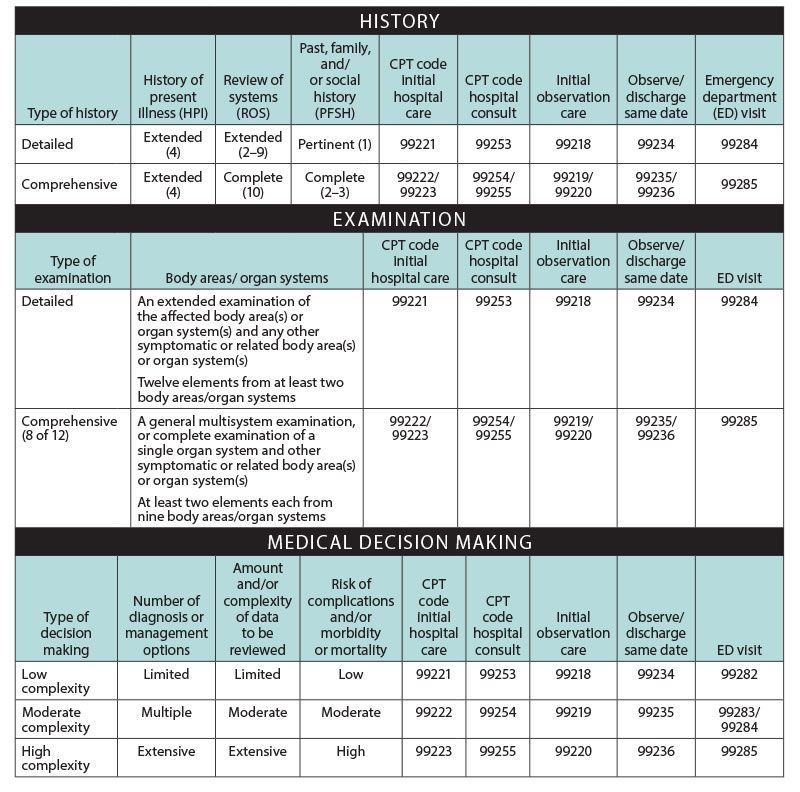 And timed psychotherapy provided by psychiatrists who also provide E/M services will be reimbursed at a lower rate than psychotherapy provided by those who do not deal with medical issues. This does not make sense and seems to contradict the premise that the creation of a comprehensive service coding system would promote understanding of the complexity of the medical aspects of treating mental disorders, parity of treatment, and reducing the stigma to see a psychiatrist.
And timed psychotherapy provided by psychiatrists who also provide E/M services will be reimbursed at a lower rate than psychotherapy provided by those who do not deal with medical issues. This does not make sense and seems to contradict the premise that the creation of a comprehensive service coding system would promote understanding of the complexity of the medical aspects of treating mental disorders, parity of treatment, and reducing the stigma to see a psychiatrist.
I talked about this a little more with pros and cons on KevinMD, here .
You now have 38 minutes.
Dina Miller, MD, is a psychiatrist in Baltimore. She is the co-author of Shrink Rap: Three Psychiatrists Explain Their Jobs
How Much Does a Medical Coder Get Paid?
It is essential to know how much medical programmers are paid if you want to pursue a career in this industry. This will help you make a decision about whether or not to go ahead and which is the highest paying US state to move to.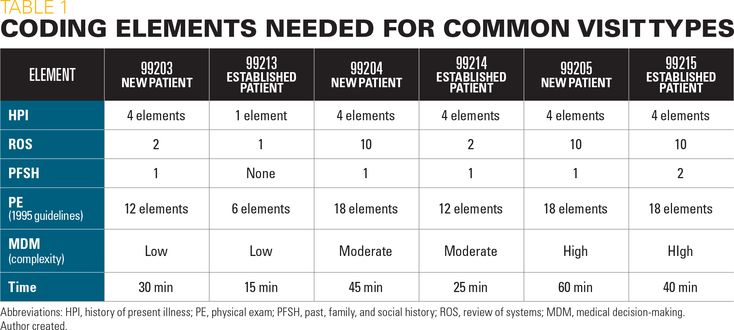
This article is intended to answer questions related to the medical coder salary and how to become a certified medical coder.
What is medical coding?
Medical coding is concerned with the interpretation and translation of medical information used in the treatment process into a universal medical alphanumeric code for recording purposes. The adoption of medical coding creates a recording system that is easy to update, accurate, and detailed without the need for a large number of words. In addition, you can maximize the space required to store this information.
Medical coders can work anywhere, as long as their work is unhindered. But, most likely, they can be found in insurance companies or in any medical institution. In addition, their work influences the salary structure of a medical coder as it is determined by the qualifications and experience of the medical coder. The details to be coded are taken from the patient's medical records, the attending physician's clinical notes, and laboratory reports or diagnoses.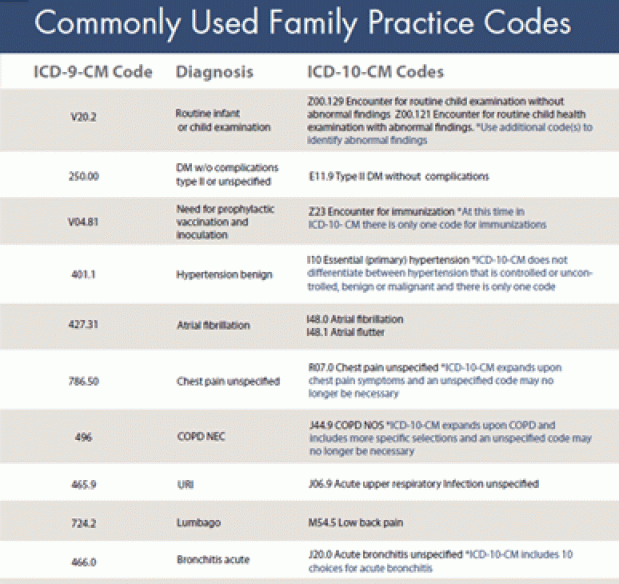
What is the salary of a medical coder?
As of 2020, the average salary for a medical coder was $45,240 44,772. Currently, medical programmers are earning in the US $ XNUMX XNUMX per year.
When determining the salary of a medical coding specialist, we must first know that medical coding is a high-paying skill. This is also a highly sought-after skill as most medical institutions nowadays want to have accurate records of all medical processes.
However, medical coding salary depends on experience and qualifications. In addition, the type or industry of medical coding determines the salary of medical coding. In addition, medical coders working remotely earn more than traditional medical coders.
According to the AAPC, non-certified coders earn an average of $41,543 39 per year, while certified coders earn 57.646% more, averaging $63,085 53,051 per year. The addition of a second certification brings that average salary up to $10,000. The AAPC found that, on average, medical coders (certified and non-certified) earn $4,000 per year.
The AAPC found that, on average, medical coders (certified and non-certified) earn $4,000 per year.
Medical coding as an industry project will grow by at least 13% in the coming years.
Medical Billing and Coding Salary by State
Location is one of the most important factors influencing the medical coder salary. Each US state has its own economy, cost of living and average salary.
Let's look at medical coding salaries by state:
| Area | $ 26.25 | |
|---|---|---|
| Weiming | $ 57.577 | $ 27.68 | 5
existed for some classes. But these types of medical coding are common medical coding systems adopted in most countries of the world. Thus, there are three types of medical coding, namely:
1. International Classification of Diseases, Tenth Edition (ICD-10)
The ICD-10 codes were established and modified by the World Health Organization.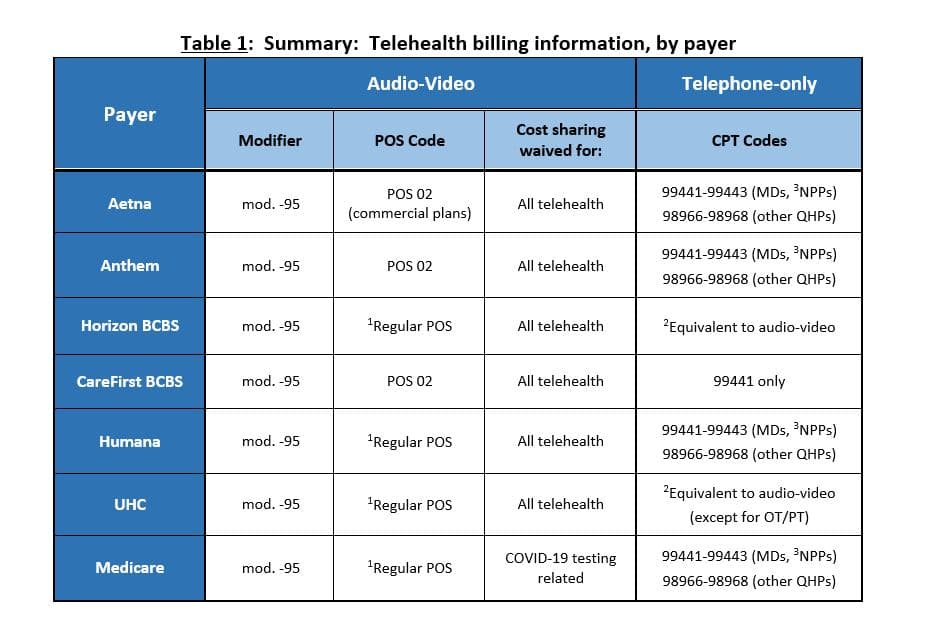 Today, governments around the world use them. Currently in the United States, this form of coding is divided into two: ICD-10-CM
Today, governments around the world use them. Currently in the United States, this form of coding is divided into two: ICD-10-CM
- , which deals with clinical modifications, and ICD-10-PMS
- , which is a procedure coding system.
While clinical modifications refer to diagnostics, the procedure coding system refers to inpatient hospital procedures. This particular type of coding has undergone ten modifications. In addition, the tenth and most recent update adds more causes of death to the list. The basic ICD-10 code might look like this:
- A00-B99…infectious and parasitic diseases
- C00-D49….Neoplasms
- D50-D89…Diseases of the blood and hematopoietic organs and disorders involving the immune mechanism, etc.
2. Current procedural terminology (CPT )
These are commonly used types of medical coding and are found in most healthcare settings. They are further divided into three categories:
- Category 1 - uses a set of five-digit codes that describe a specific medical service or procedure.
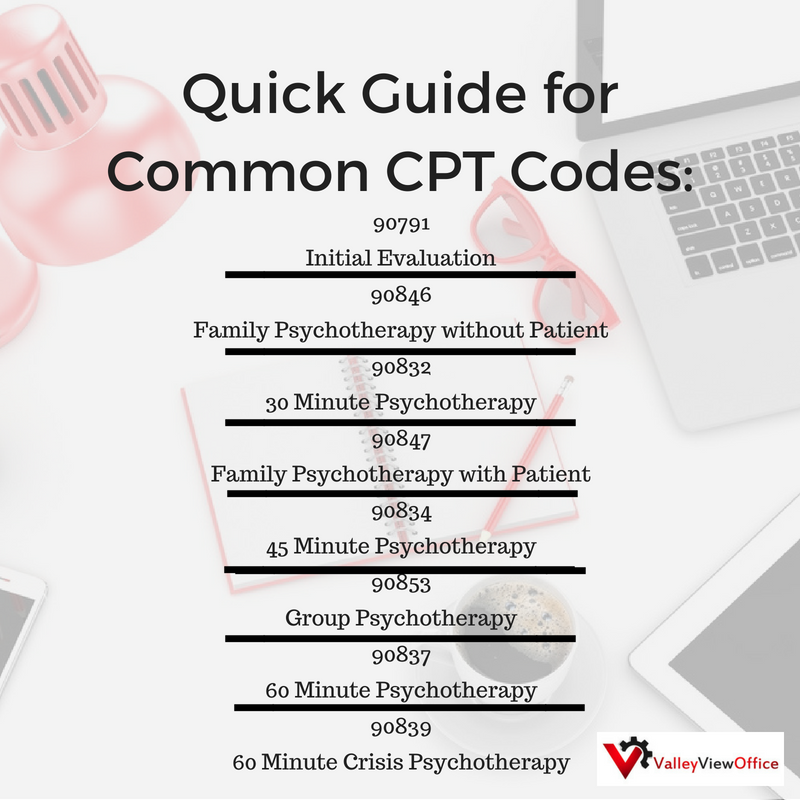 It consists of six sections: assessment and treatment, anesthesiology, surgery, radiology, pathology, and laboratory medicine.
It consists of six sections: assessment and treatment, anesthesiology, surgery, radiology, pathology, and laboratory medicine. - Category 2 is a set of additional alphanumeric codes used to track performance measurement.
- Category 3 codes are used to develop medical technologies, procedures and services. The CPT code most often might look like this; , described as "Individual Psychotherapy. 60 minutes."
3. Common Health Care Procedural Coding System (HPCCS Level II)
This type of coding is based on Current Procedural Terminology (CPT). HCPCS codes are used for paramedical supplies and products that are not directly related to a physician. Examples include medical services such as ambulances, medicines, stretchers, etc.
Please note that ICD codes are different from CPT codes. The first relates to medical diagnoses and disease. On the other hand, the latter is engaged in medical procedures.
To make the most of the medical coding profession, you can take advantage of the affordable Free Online Medical Billing and Coding Courses with Certifications.
Why is medical coding important?
Medical coding is concerned with the interpretation, exchange and communication of data. To avoid information overload, medical coding allows large amounts of data to be converted efficiently and smoothly. Medical coding also ensures the consistency of documentation between healthcare facilities.
This means that the medical code for a given disease (cancer) procedure is read the same all over the world, regardless of location.
Therefore, medical coding allows efficient research and analysis in disease control within geographic areas. It also assists the government through its public health agencies in the fight against epidemics and endemic diseases. Again, medical coding helps hospital administrators judge the usefulness and effectiveness of a hospital's prescribed treatment regimen for a particular disease. This helps provide accurate data to insurance companies to pay for medical expenses. One of the biggest challenges for a medical coder is knowing up-to-date and effective medical codes.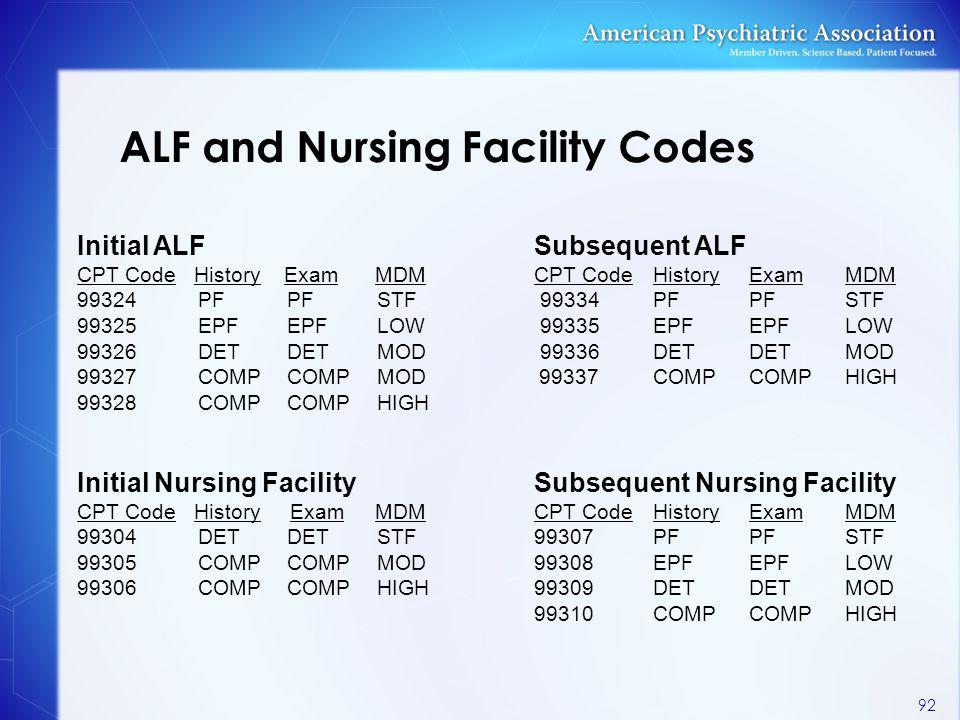
Where can a certified coder find medical coding jobs?
Medical biller or coder will find work in many companies. Some of these potential employers fall into the category of provider organizations and some are part of the wider healthcare ecosystem.
Since only a few states pay more than the national average, you should be cautious about moving to a new job as a school nurse. The cost of living must also be taken into account.
Suppliers of software and durable medical equipment, insurance companies, government agencies, educational institutions, billing companies, risk management providers, healthcare consulting firms, and some law firms are among the companies that do not provide direct patient care.
Read also: How can I become a medical coder in 2022? Schools, cost, programs and salary
Skills Required to Become a Medical Coder
A medical coder must possess both interpersonal skills and core competencies to succeed in this profession.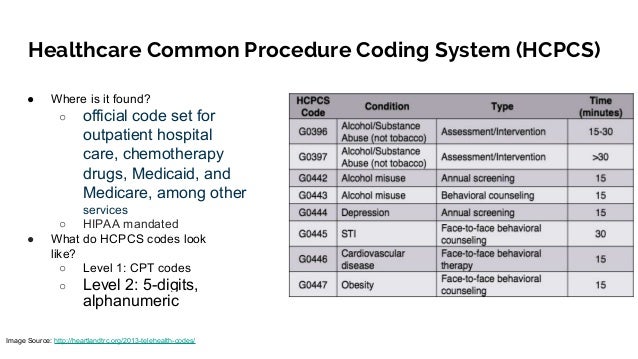 These skills are below:
These skills are below:
1. Attention to detail
A medical coder must be able to select the smallest details of each patient's records. Because each code represents an element of medical practice, the medical coder must detect any inconsistencies or misinformation. Thus, errors should be minimized.
2. Communication skills
A medical coder must communicate with both persons in his field. From medical staff to patients and insurance companies, a medical coder must be able to communicate information. This is the customer service aspect of medical coding. It is necessary both in oral and written communication.
As a medical coder it is also important that you understand non-verbal communication at work.
3. Computer literacy
This is a medical coding requirement. Accounting will be carried out using a computer and other applications. This, however, does not devalue traditional bookkeeping.
4. Accounting and Bookkeeping
Another requirement for medical coding is an understanding of basic accounting principles.
5. Problem Solving
A medical coder needs the ability to solve problems and find lasting solutions to difficulties. Putting order in chaos and creating structures in a system that is functional and efficient.
6. Teamwork
This is the ability to work with people from different professions and fields without friction. To achieve optimal success in the workplace, you need to master Act Teamwork .
7. Discretion
The medical coder has access to confidential material belonging to the patient. Therefore, you need to be sure in these medical cases. This is consistent with the patient's right to privacy. Default can lead to litigation.
8. Ability to work unsupervised
The medical code should have this ability to start a task and complete it with less extrinsic motivation or control.
Related topics: What are the highest paid medical coding jobs in the world? Top 10 Careers
What qualifications are required for medical coding?
Medical coding certification requires several qualifications.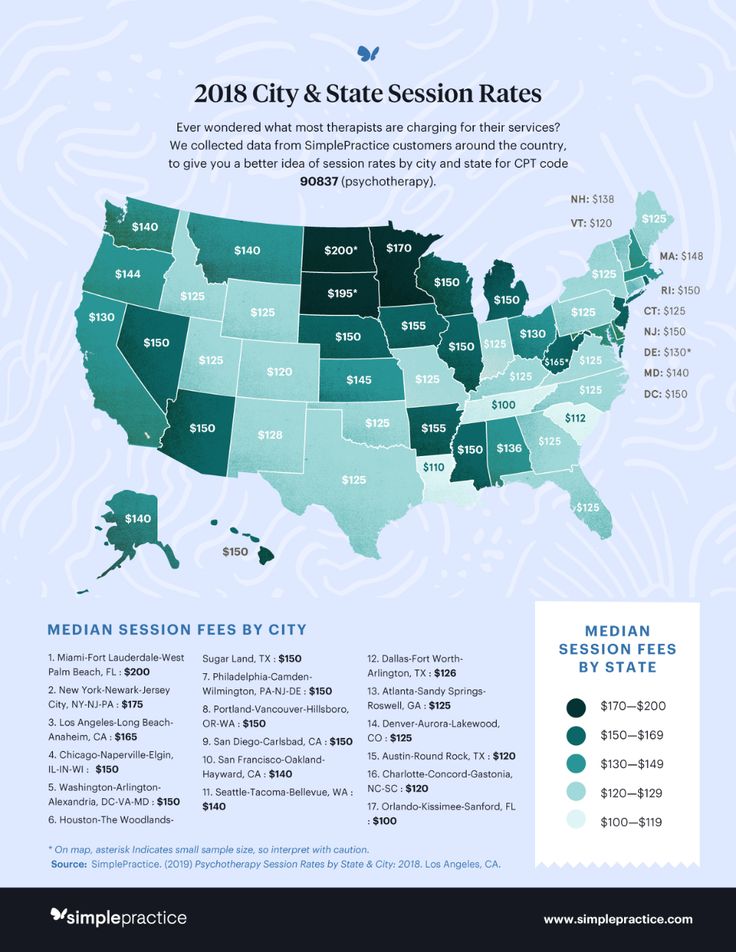 Medical coders must earn one or all of these certifications listed below in order to excel in their careers.
Medical coders must earn one or all of these certifications listed below in order to excel in their careers.
- Certified Professional Coder (CPC)
- Certified Coding Specialist (CCS)
- Certified Medical Coder (CMC).
In addition, the above qualifications are adapted to various aspects of medical coding. For example, a certified professional coder codes for outpatients. The Certified Coding Specialist codes for inpatients, while the Certified Medical Coder is less common than the other two. However, in addition to the above, there are general qualifications, namely:
- Associate's degree in medical coding or completion of a medical coding certification program.
- Basic knowledge of anatomy, physiology and medical terminology, and the medical coder should be able to update this knowledge.
- Higher mathematical abilities. Sounds like bad news to people who have an aversion to math. However, basic knowledge of mathematics and calculations is required here.
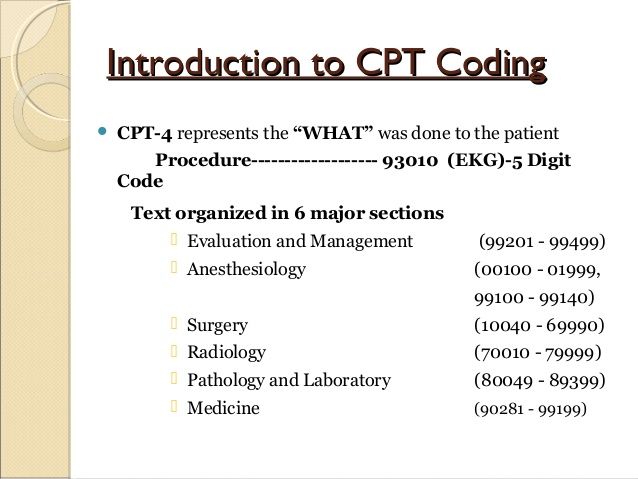
- Introduction to ICD-10 codes and its accounting procedures
Frequently Asked Questions
One of the benefits of being a medical programmer is that you can work from home. In fact, many healthcare providers outsource their work, including medical coders.
Yes, it is. If you have the right background and a little hard work, you can overcome the challenges of medical coding and billing. This will equally help you land a great job at a critical time in the field. All you have to do is enroll in the right medical coding program.
In general, good typing and reading skills are required for a successful career as a programmer in medicine. However, if you want to know, you also need to have basic math skills.
With the right certifications and interpersonal skills, you can succeed as a medical coder. Mandatory conditions are skills such as communication skills, attention to detail, as well as an understanding of the basic principles of mathematics, accounting, accounting, etc.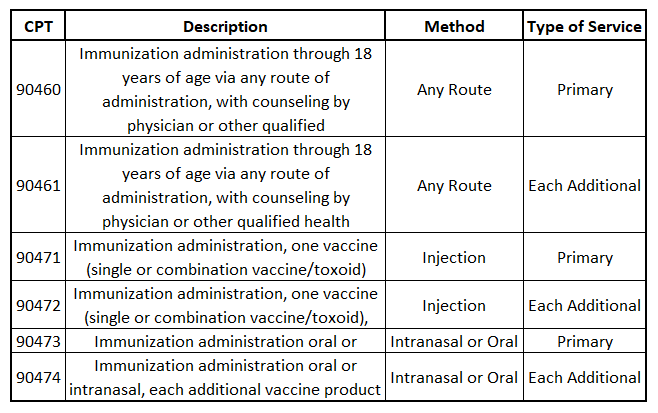 First of all, this is computer literacy. In addition to certificates, you will either need to code the inpatient department of the hospital or the outpatient department.
First of all, this is computer literacy. In addition to certificates, you will either need to code the inpatient department of the hospital or the outpatient department.
Conclusion
Medical coding is known for its ingenuity in data matching and retrieval. Each code is an abbreviation that represents the medical terminology used to describe each aspect of the treatment process. The facts used for medical coding are usually taken from the patient's medical records.
Finally, knowing the medical coder salary will help you determine if this career is right for you or not.
Recommendations
- rasmussen.edu - What is a medical coder? Simple explanation
- www.medicalbillingandcoding.org – Learn more about medical coding
- etactics.com - 12 things you need to know about medical coding salary
- ziprecruiter.com medical coder salary
- glassdoor.
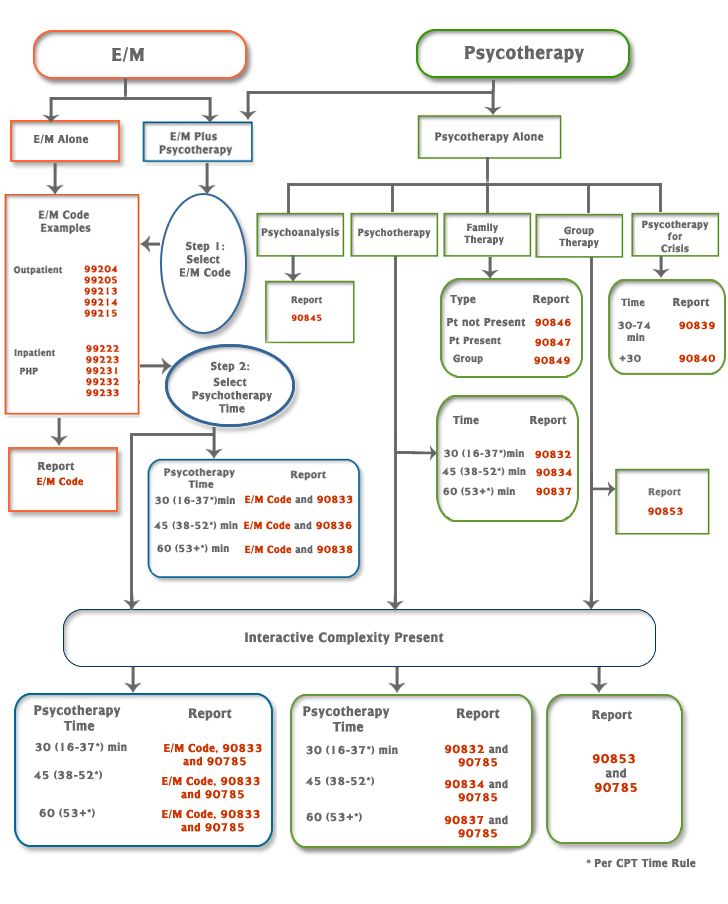
Learn more - glassdoor.

